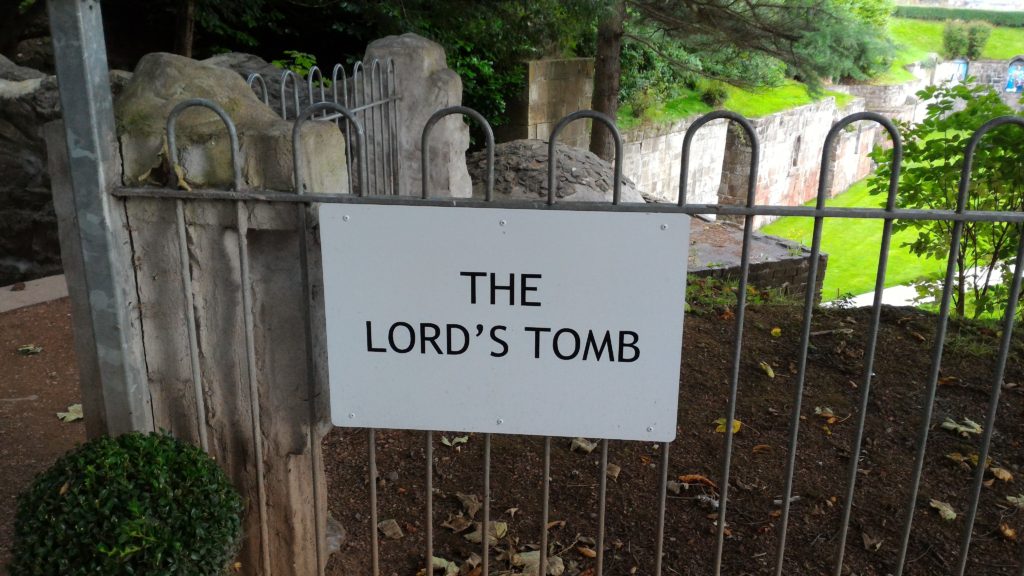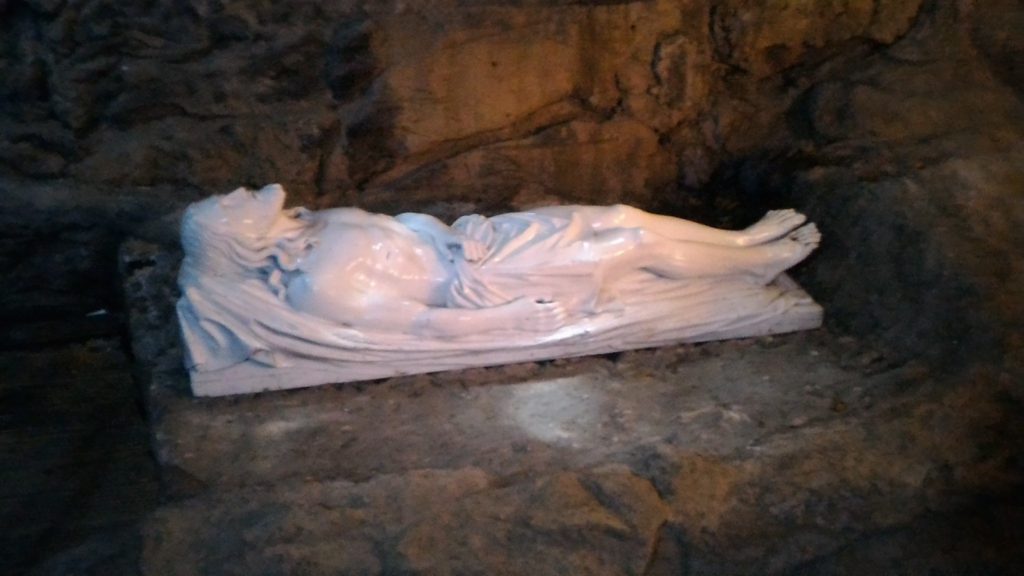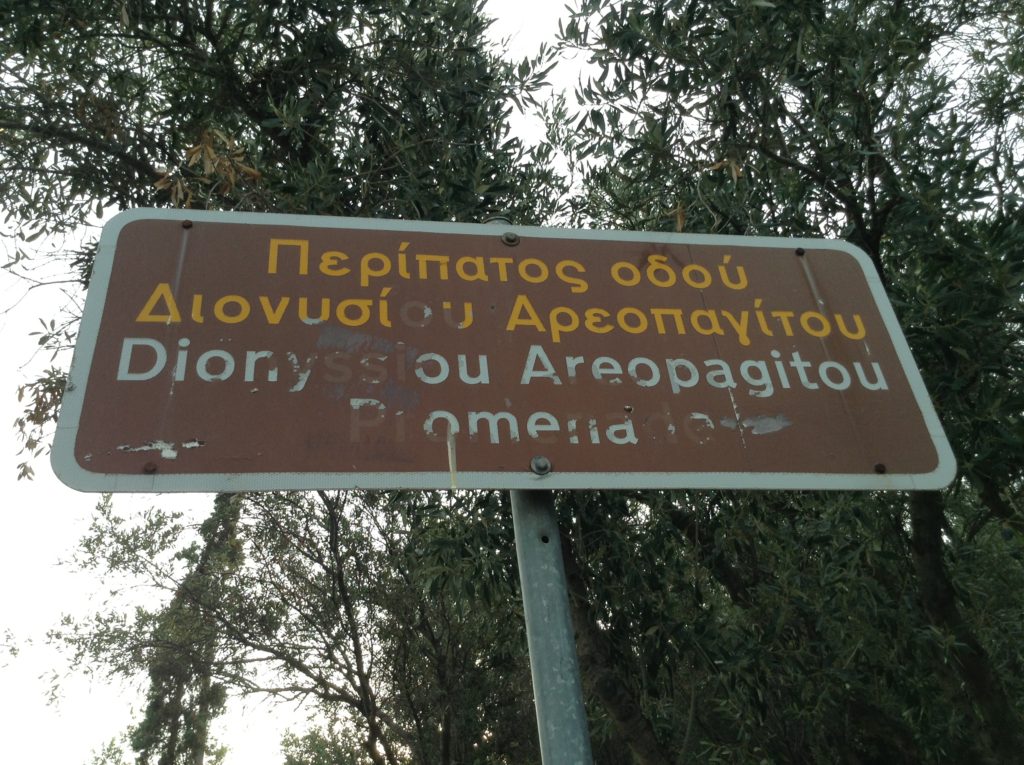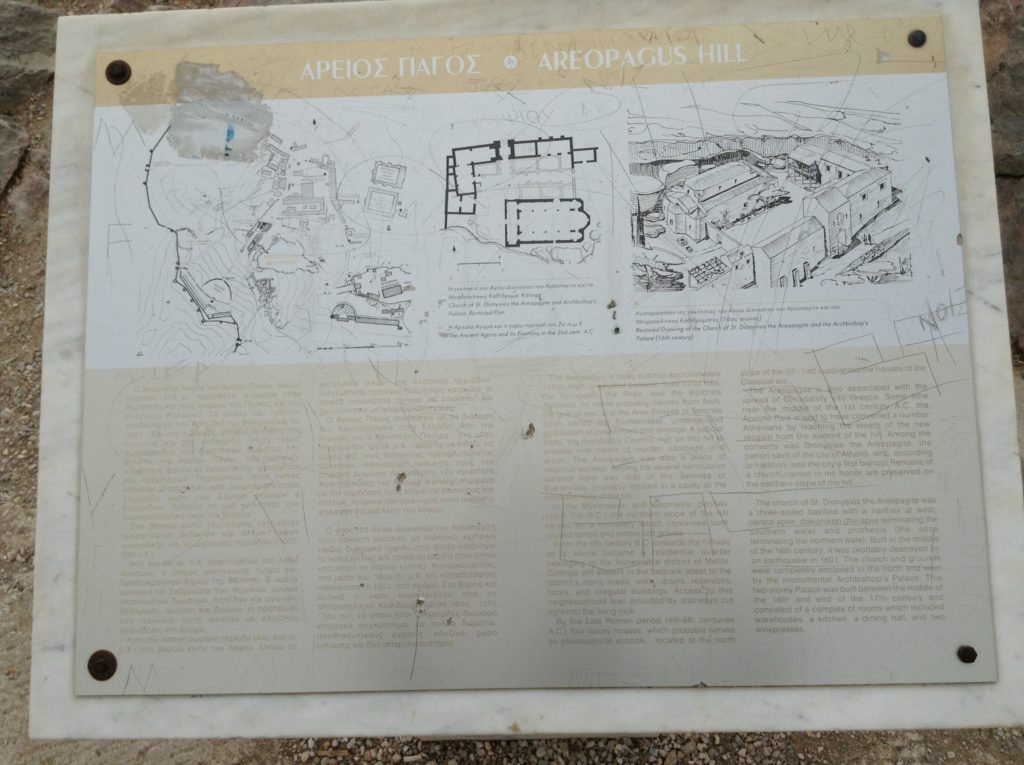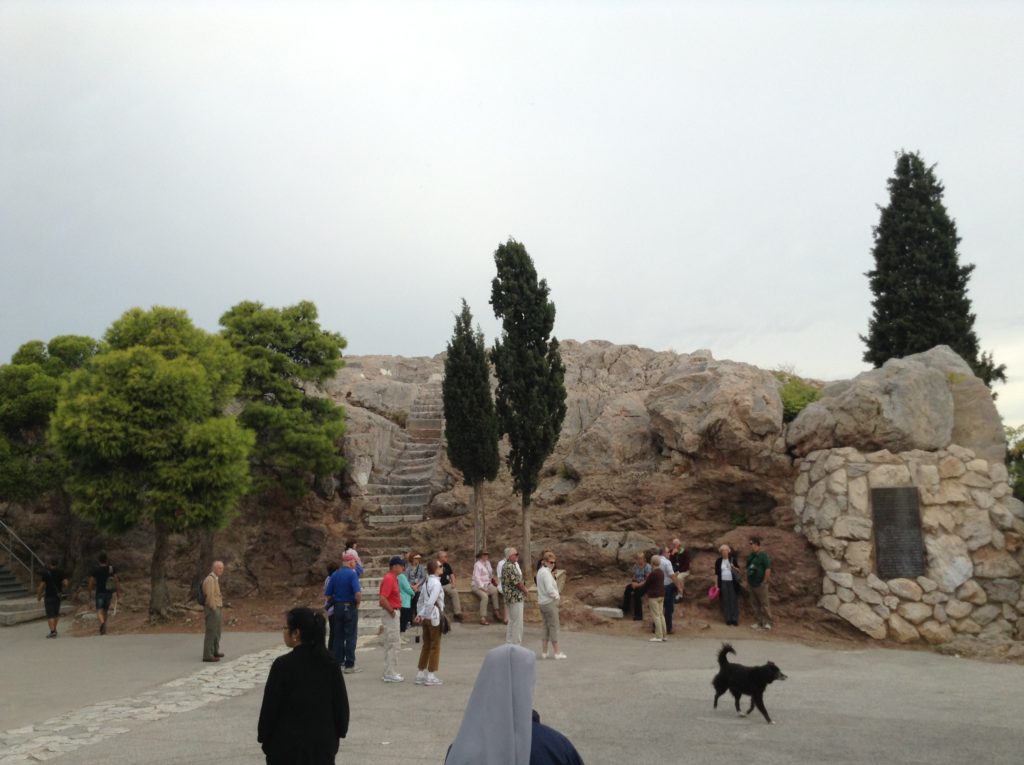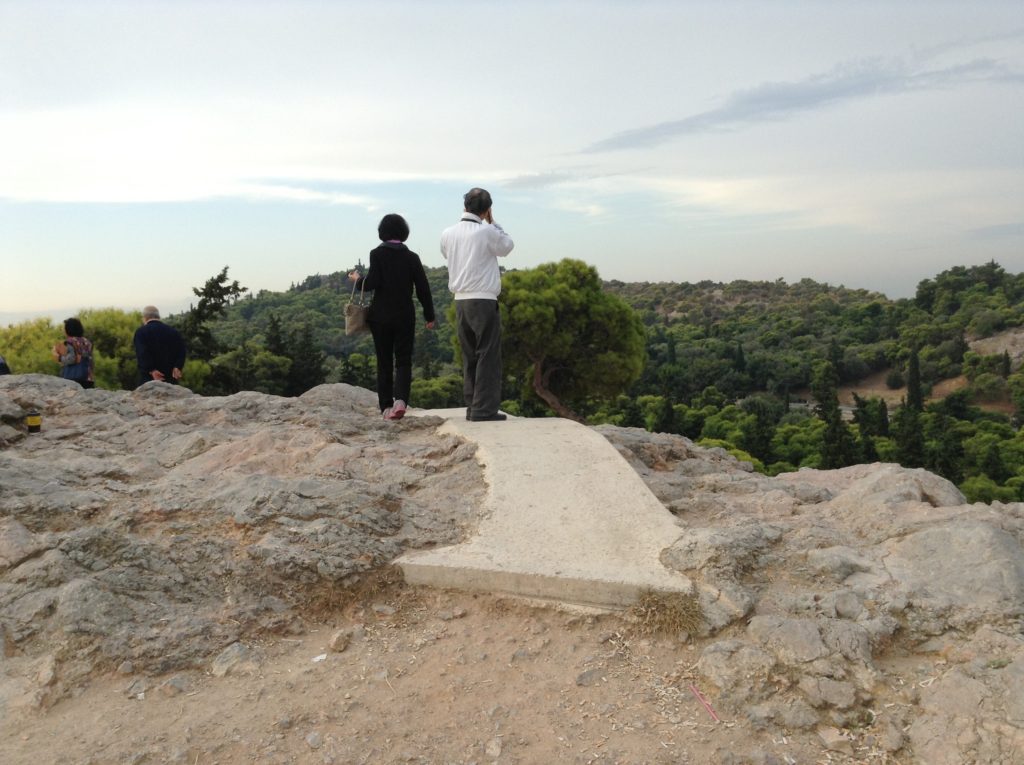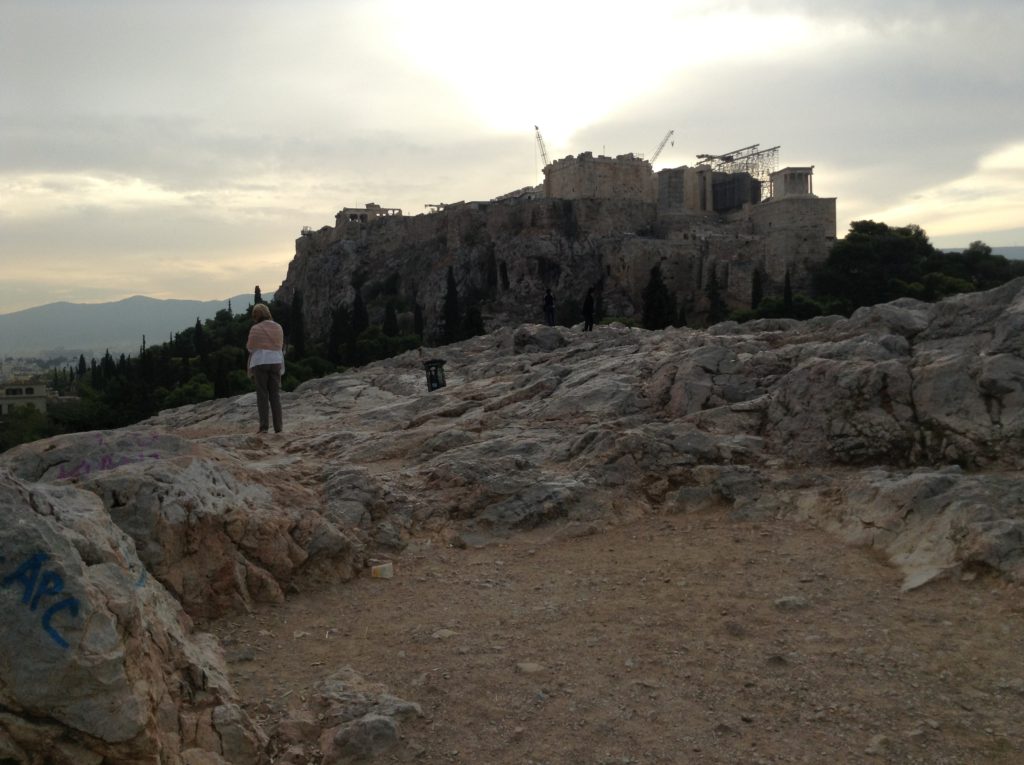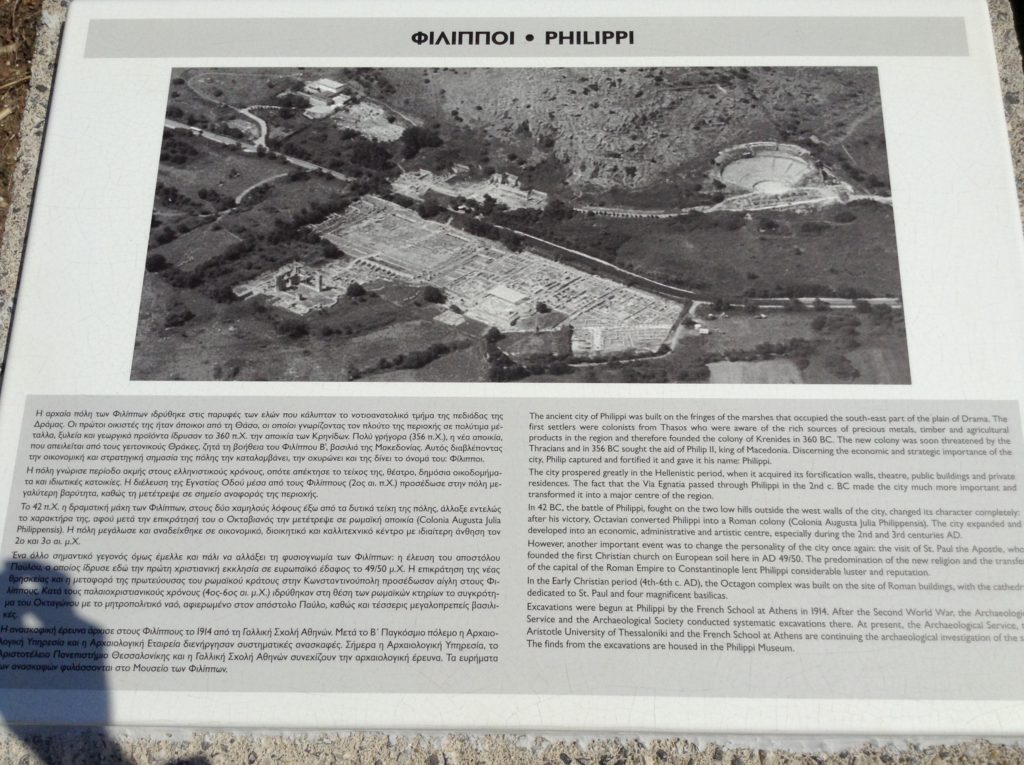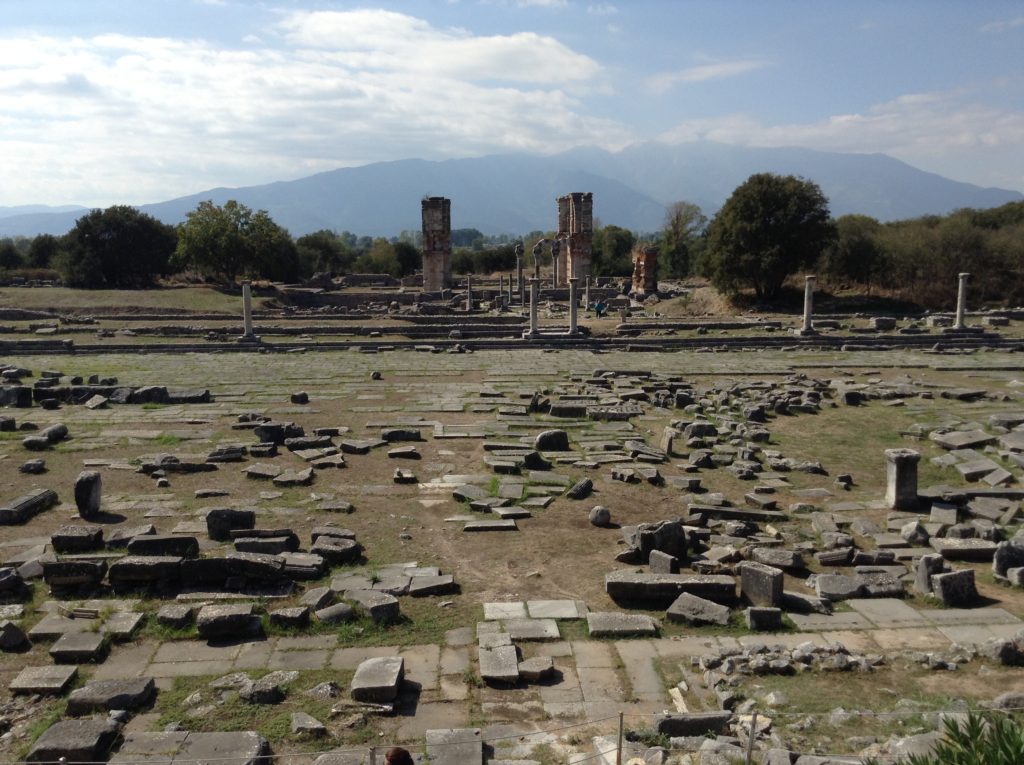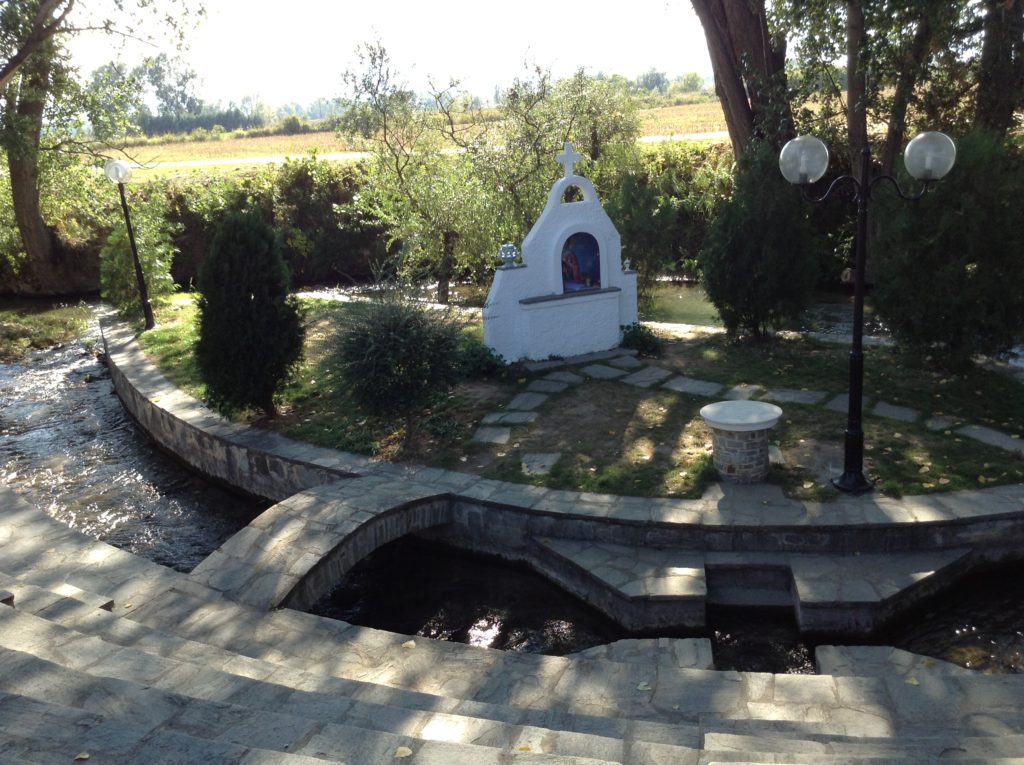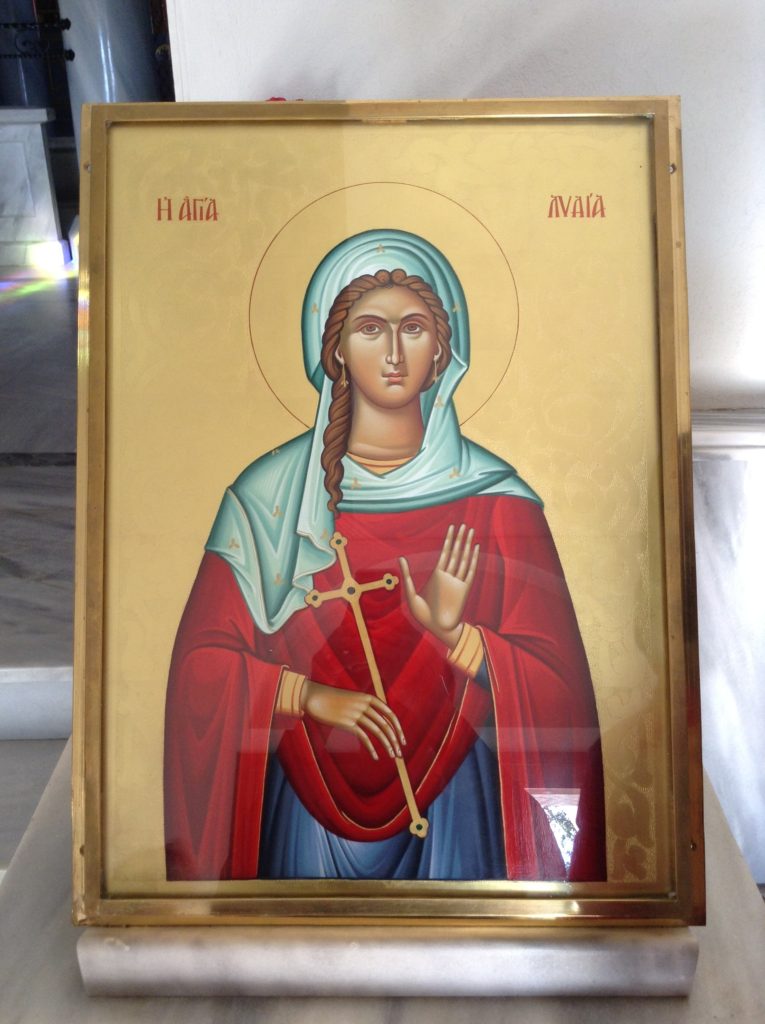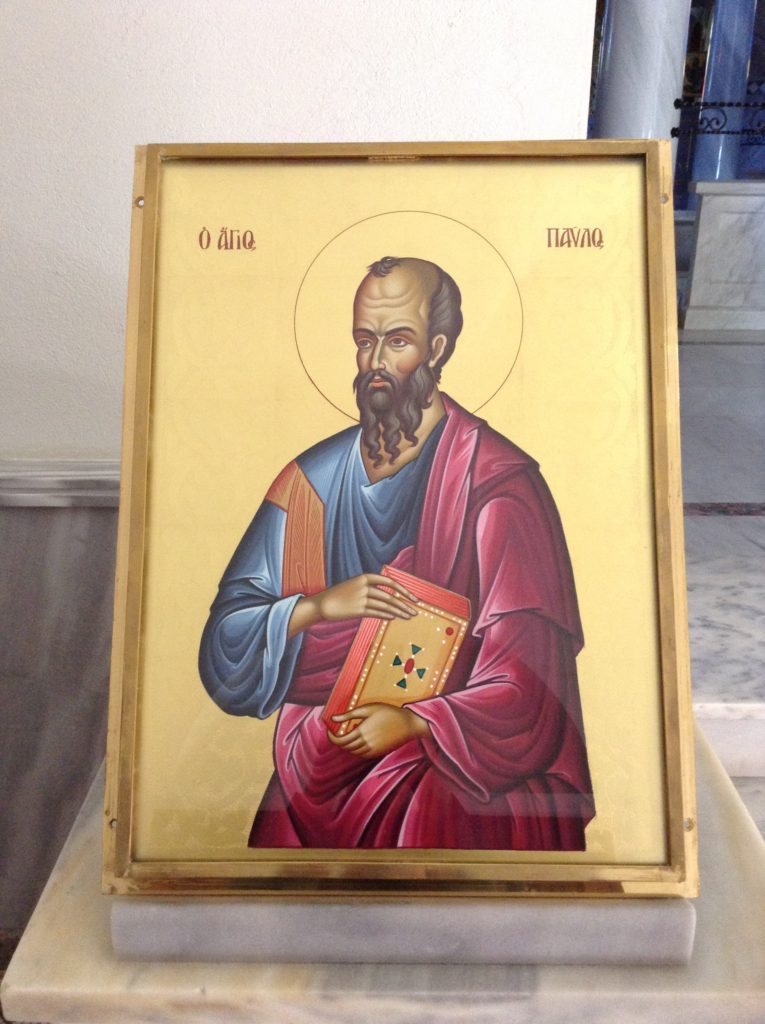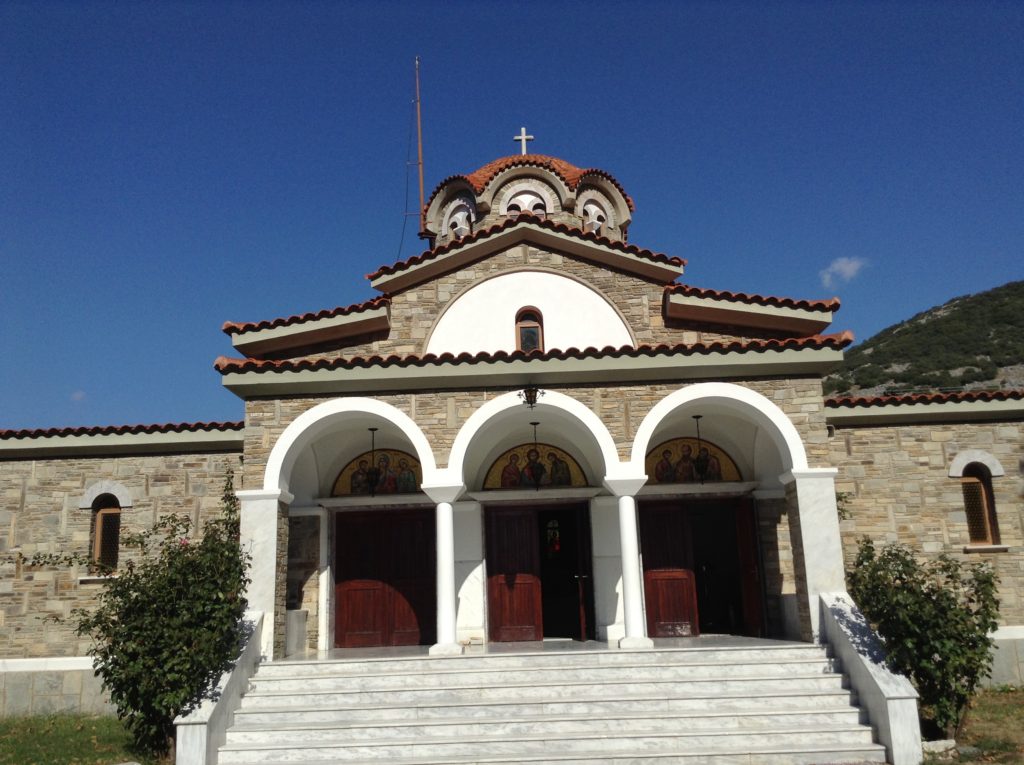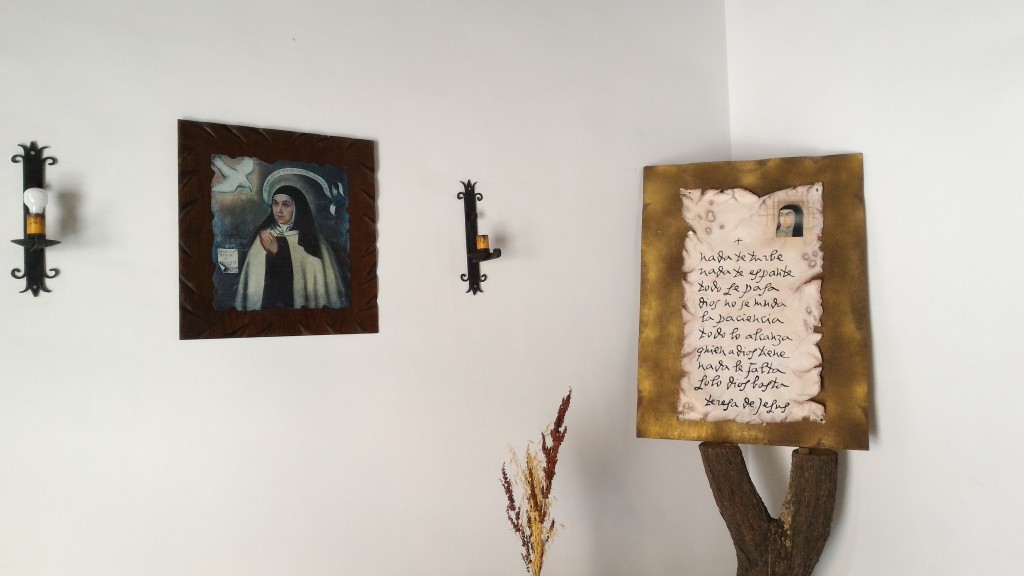Tuesday of Week 26 in Ordinary Time (Year II)
St. Vincent de Paul, Priest
Job 3:1-3,11-17,20-23 | Psalm 87:2-8 | Luke 9:51-56
In today’s reading, Job finally snaps. It’s easy for us to claim the perspective of hindsight, knowing how Job’s story ends, but it’s quite another thing to put ourselves in Job’s place, and try to understand the depth of his suffering.
I’ve met someone who’s tasted some of Job’s pain in his own life. Our current coach captain, a jolly Irishman named David, just shared his life story with our group of traveling pilgrims, and it’s a doozy.
Imagine meeting the love of your life, having two children with her, and watch helplessly as your only son contracts meningitis at just a year old, destroying his capacity for rational thought and bodily control.
Imagine being away from your family for long periods, driving tourists around to earn a living while your wife is the sole caregiver at home.
Imagine calling home while on the road, and listening to your 24-year-old paralyzed son scream his joy down the phone, because it’s the only sound he knows to make.
Imagine being not-yet-50, looking forward to feeding and wiping your son clean for the rest of your lives, being startled awake by screams of joy in the middle of each night, and worrying what would happen to him when both of you are called back to God.
Imagine going through what most would consider hell on earth, yet still keeping faith with God, still caring for someone whom most would have abandoned early on, still showing great love for your passengers…because your daughter has given you four beautiful grandchildren with funny names.
As Jesus told St. Thomas, “Doubt no longer, but believe.” (John 20:27)
Lord, grant all caregivers the strength and loving fortitude to continue their appointed mission. Open our hearts to see You in them, and to share our love in turn in whatever way we can. Amen.
